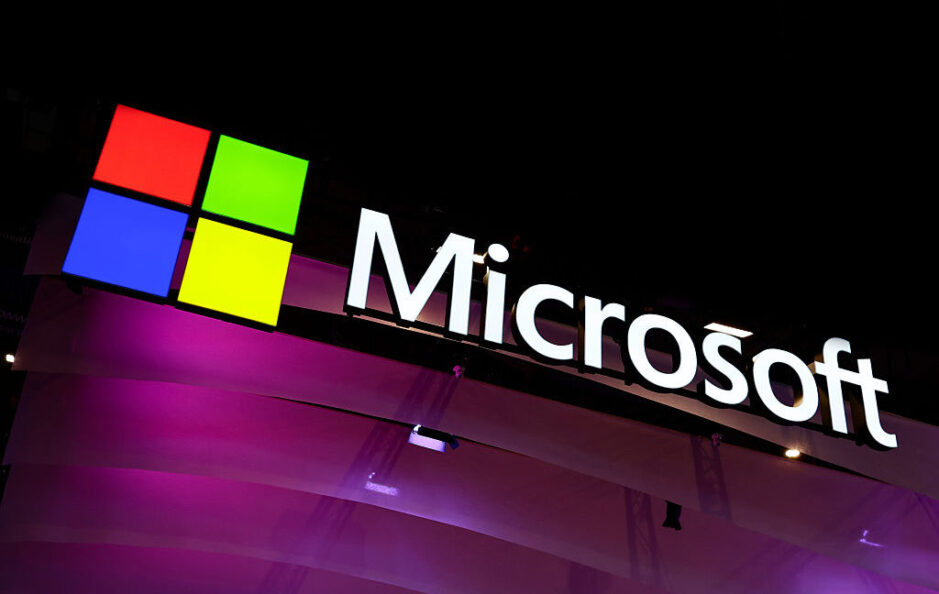Senator Calls for FTC Investigation into Microsoft’s Cybersecurity Practices
A prominent U.S. senator is urging the Federal Trade Commission (FTC) to initiate an investigation into Microsoft, citing concerns over the company’s cybersecurity practices, particularly its use of an outdated encryption method. This call comes on the heels of a ransomware breach that compromised the medical records of millions.
Background of the Allegations
In a letter to FTC Chairman Andrew Ferguson, Senator Ron Wyden (D-Ore.) expressed his concerns that Microsoft’s default use of the RC4 encryption cipher played a significant role in the 2024 ransomware attack on the health care provider Ascension, which exposed the medical records of 5.6 million patients. Wyden argues that the software giant’s negligence in cybersecurity—an issue he has highlighted in the past—has created vulnerabilities that can be exploited through ransomware attacks.
"This breach led to the exposure of sensitive patient data," Wyden stated in the letter. He emphasized that Microsoft’s decision to continue using this obsolete encryption exposes organizations to significant risks, stating, “Because of dangerous software engineering decisions by Microsoft, which the company has largely hidden from its corporate and government customers…”
Concerns Over RC4 Encryption
RC4, or Rivest Cipher 4, is a stream cipher that has been widely criticized for its vulnerabilities. Developed in 1987, it was a proprietary cipher until it was essentially compromised by a technical description released in 1994. Since then, its weaknesses have made it a less secure option for data encryption. Despite the advent of stronger encryption protocols, Microsoft has maintained RC4 as the default method for securing Active Directory, potentially putting large organizations at risk.
Although alternative encryption options are available, many users fail to enable them, resulting in a fallback to the less secure Kerberos authentication method reliant on RC4. This negligence, according to Wyden, underscores a failure on Microsoft’s part to protect its users properly.
Expert Opinions on Cybersecurity Risks
Cryptography expert Matt Green from Johns Hopkins University has corroborated Wyden’s claims, noting that the continued support of both Kerberos and RC4, combined with common misconfiguration practices, lays the groundwork for a type of attack known as kerberoasting. This method involves offline password-cracking attacks against Kerberos-protected accounts. The technique has been acknowledged as a potential threat since 2014, yet organizations remain vulnerable due to improper configurations that inadvertently grant non-admin users access to sensitive functions within Active Directory.
Green warns that such security oversights create opportunities for malicious actors to execute extensive and damaging attacks. “Organizations can quickly find themselves under siege from ransomware simply due to poor cybersecurity measures,” he noted in a recent blog post.
Microsoft’s Position and Responsibility
As the discussion around cybersecurity intensifies, critics point to Microsoft’s responsibility to keep its security protocols updated and relevant. With the 2024 Ascension breach as a focal point, the push for accountability raises questions about how effectively the tech giant has addressed long-standing vulnerabilities in its software.
Despite the persistent use of RC4, it appears that many organizations remain unaware of the risks involved. Given the nature of cybersecurity and its direct implications for data protection, Wyden’s letter highlights a broader issue within the tech industry concerning how companies prioritize cybersecurity measures in their products.
Conclusion: A Call for Accountability
The ongoing scrutiny of Microsoft’s cybersecurity practices reflects a critical need for enhanced measures against vulnerabilities that could lead to significant data breaches. With the senator’s call for FTC review, the investigation could bring vital clarity and accountability to a situation that endangers millions of users.
As breaches continue to evolve, the onus is not just on government bodies or hackers; it is essential for tech companies like Microsoft to remain vigilant and proactive in protecting user data. The potential outcomes of the investigation could lead to a reevaluation of security practices within the tech industry, reinforcing the fundamental principle that cybersecurity should never be an afterthought.









